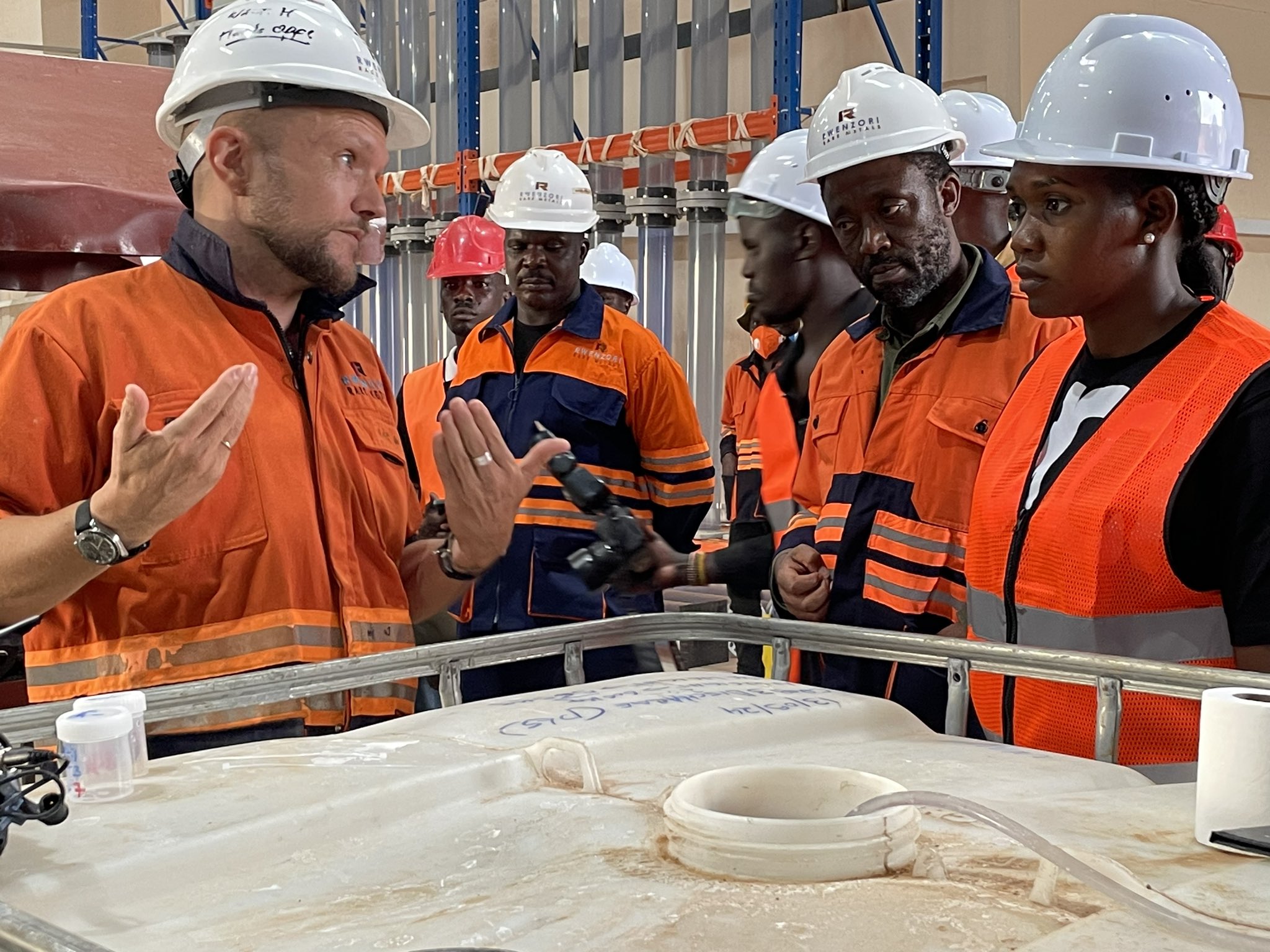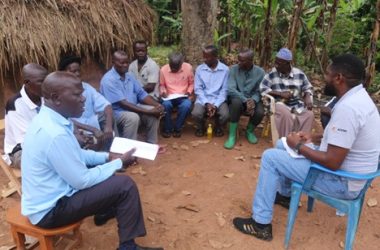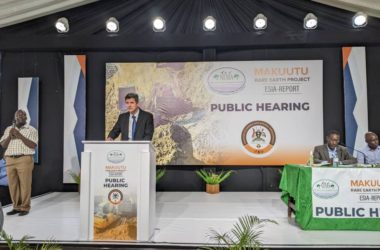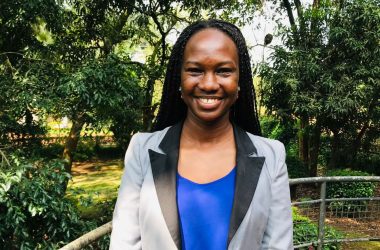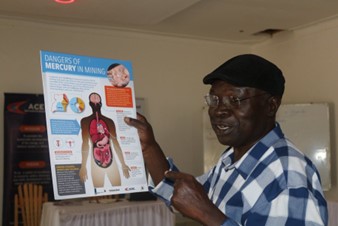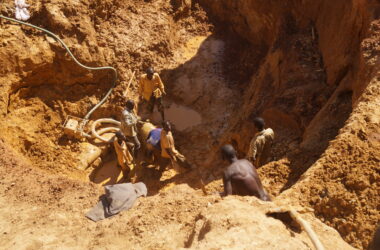The Makuutu Rare Earths Project Affected People (PAPs) in Busoga are anxious as the two-year Land Access Agreements (LAAs) they signed with the project developer, Rwenzori Rare Metals (RRM), near expiration.
The PAPs, who are land owners in several villages in the districts of Bugweri, Mayuge and Bugiri that make up part of the Makuutu project, were paid Ugx. 100,000 (One Hundred Thousand Shillings) two years ago for land access by RRM, crucial for the company’s mining license application for the initial stage of development of the Makuutu project.
However, as the PAPs await the process of land acquisition by the company, the LAAs agreed period is running out, causing anxiety among them.
“Our two-year agreements are about to expire and we are not sure what happens from here. We have waited for long and are getting impatient after the company started in high gear but has now slowed down,” says Migori Siraje, the sub-county Chief of Mpungwe sub-county. “We do not know what is happening. Some of us put plans for our land on hold because they (RRM) said they were going to use the land.”
He says this is now an outstanding issue among the locals but expressed confidence, like many others, it would be resolved.
Long wait
The mood among the PAPs is anything but hopeless. Since the inception of the project, many say they had hoped to have been paid by now.
In Makuutu Sub-county, Bugweri District, where RRM set up a demonstration plant, Suuna Sulaiman, the LC1 chairperson of Mawololo Village, voices his people’s mood, saying they have waited for long and have no idea what is going on.
“We are unaware about what’s going on now because the agreements that were signed were for two years and are expiring but nothing has come. My plea is when these agreements are renewed, the company should give us some money so we can be able to take children to school and buy some meat at home,” he said.
His colleague, Maganda Muhammed Ali, the LC1 chairperson of Makandwa Central, acquiesced with him, saying the project has been very slow whereas they expected things to move fast.
“They engaged a high gear and we expected that would be the momentum but it is not the case. I hope things can get better because people are on tension,” he said.
Mugoya Bashir, the LC2 chairperson, Makandwa Parish, says the speed at which they hoped the project would progress is not what they are seeing.
“People are running out of patience and think the project may not happen. Land Access Agreements signed two years ago are about to elapse. There will be need for a renewal. People were engaged but after this time lapse, there may be need to sensitize people again. What can Government do to enable this project to kick off?” Mugoya mused.
Deborah Namirimu, the Senior Stakeholder Engagement Officer at Rwenzori Rare Metals, says the company has brought the issue of the land agreements to Government’s attention and are awaiting guidance on the same.
What Rwenzori says
Regarding the expiration of the land access agreements, representatives from Rwenzori Rare Metals stated that the company intends to consult with the Ministry of Energy and Mineral Development for guidance and to determine the appropriate course of action moving forward.
The Makuutu Rare Earths project is currently navigating a range of geopolitical and market challenges, largely driven by China’s dominance in the rare earth element (REE) markets and its influence over pricing structures. U.S. President Trump’s actions have unsettled investors, causing caution as they seek market stabilization. Meanwhile, China, amidst a trade conflict with the U.S. over tariffs, controls 60% to 70% of rare earth mining and 85% to 90% of processing globally.
Officials from Rwenzori Rare Metals (RRM) have indicated that the situation primarily reflects contemporary market dynamics, volatility, and investment decisions. The project is prepared for advancement and is poised to proceed once favourable market conditions arise. RRM remains committed to keeping its stakeholders informed about the ongoing volatility and its strategic plans.
This article is produced by ACEMP under the Advancing Respect for Human Rights by Businesses in Uganda (ARBHR) Project funded by the European Union through Enabel.

